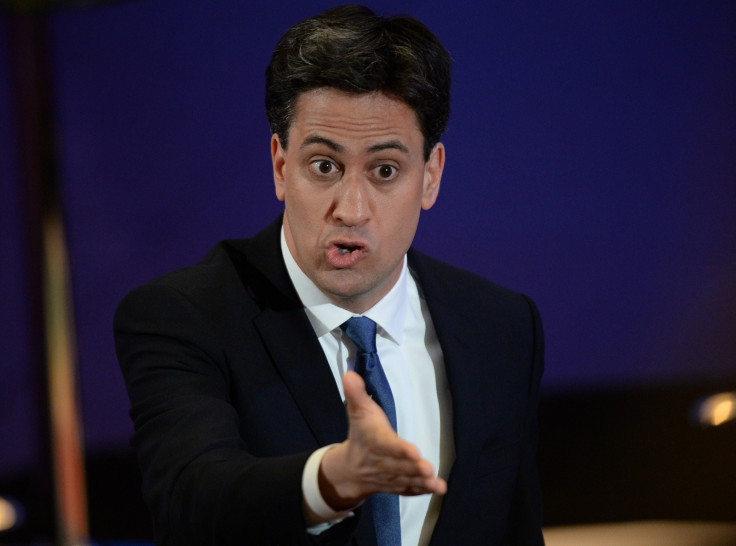Election 2015: Was it Labour's irresponsible spending or the financial crisis that spun the deficit out of control? [Poll]

Ed Miliband does not think the Labour party overspent before it left government in 2010, a message he repeated during a special election edition of BBC Question Time in which he faced down questions on his economic credibility from a feisty audience.
The Labour leader rejected the argument that it was his party's irresponsible spending which helped create such a large deficit in public finances, which was equivalent to 11% of GDP by the time it left office.
Miliband said it was not Labour's spending on new schools and hospitals, funded by borrowing, that was the problem. It was the global financial crisis, triggered in 2007 by the collapse of the US sub-prime mortgage market, and the UK's exposure to its large banking sector.
It was therefore a failure of financial regulation across the world that wrecked the economy and collapsed tax receipts, leaving a gaping hole in the Treasury's finances which is now being repaired with austerity programmes.
But Labour's critics say that had they not been spending so much in the years before the crash, such a large deficit would not have opened up in the first place and would have taken less austerity -- which has come mostly in the form of public spending cuts -- to repair it.
As Labour tries to restore credibility on the economy, by promising to clear the deficit over the course of the parliament with no extra borrowing, we ask you this: was irresponsible spending by Labour what caused Britain's deficit to surge, or was it the global financial crisis?
© Copyright IBTimes 2025. All rights reserved.






















